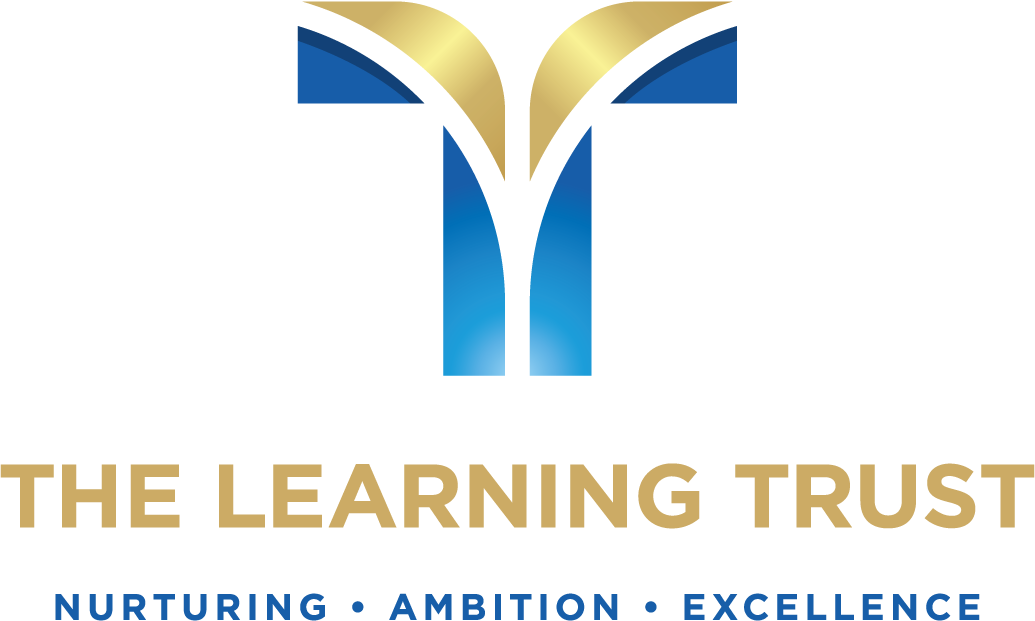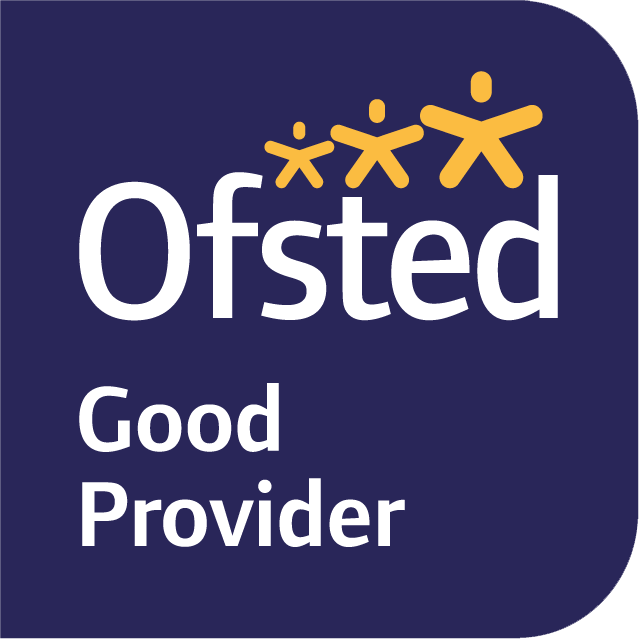Music
| Subject: | Music |
| Contact: | Mrs R Landen |
Overview
All students study Music throughout Key Stage 3 for 2 hours per fortnight. At Key Stages 4 and 5, Music is an optional subject which leads to a GCSE or BTEC (Level 3 national Extended Certificate in Music Performance) qualification. Throughout each Key Stage students are immersed in practical music making through performance and composition as well as learning to listen to, appraise and write about music. Students can choose to learn an instrument in private lessons provided by Music for Life in school, but all students will learn keyboard and singing skills in music lessons.
KEy stage 3
Overview
Students are taught in mixed ability classes in Years 7, 8 & 9. The curriculum is based on developing three skill areas which are examined at GCSE and BTEC (Level 3 national Extended Certificate in Music Performance); performing, composing, and listening and appraising. Practical music making is core to the Key Stage 3 curriculum and students are taught to develop skills on the keyboard as a vehicle by which to present and engage with their learning. Students will perform as soloists and in groups and write their own music, from song writing to film music. The development of key vocabulary is essential and students will write about music they hear and/or perform. The skills developed during Key Stage 3 are designed to ensure that students are set up to be successful at GCSE and beyond regardless of their previous musical experience.
Curriculum Content
| Year |
Autumn Term |
Spring Term |
Summer Term |
|
|---|---|---|---|---|
|
7 |
Voice & Keyboard Developing Performing Skills The elements of music introduction Listening and Appraising: Developing listening skills/theory alongside in short lesson activities Assessment: Baseline solo performance – popular music keyboard pieces |
Fanfare Developing Solo Performing Skills Developing Compositional Skills Listening and Appraising: Developing listening skills/theory alongside in short lesson activities Assessment: Solo performance skills ‘Theme for Rocky’ composing a fanfare melody |
Musical Theatre Developing Solo Performing Skills Developing Ensemble Performing Skills Listening and Appraising: Developing listening/theory skills alongside in short lesson activities Assessment: Performance of a Musical Theatre piece listening and theory questions
|
|
|
8 |
Music for Film Developing Solo Performance Skills Developing Composing Skills Listening and Appraising: Developing listening skills alongside in short lesson activities Assessment: solo instrumental performance of music written for Film Use musical devices, to compose a soundscape ‘House on the Hill’ |
Samba & Fusion Developing Ensemble Skills (whole class) Developing Ensemble Skills (small group) Listening and Appraising: Developing listening skills alongside in short lesson activities Assessment: percussion skills, ensemble Samba performance group performance – fusion cover of a pop song |
Music in the Media Developing Solo Performance Skills Developing Compositional Skills Listening and Appraising: Developing listening skills alongside in short lesson activities Assessment: solo performance of a classical piece or pop song used in the media Listening and theory questions |
|
| 9 |
12 Bar Blues Developing Solo & Ensemble Performance Skills Developing composing skills Listening and Appraising: Developing listening/theory skills alongside in short lesson activities Assessment: Solo performance of 12 bar blues chords/walking bass etc Composing a short Blues Song (AAB form) |
4 Chords of Pop Developing Ensemble Performance Skills Developing composing skills Listening and Appraising: Developing listening skills alongside in short lesson activities Assessment: 4 Chords of Pop ‘class band’ performance 4 Chords of Pop group song composing |
History of Pop Music Developing Performance Skills Developing an understanding about the development of popular music Listening and Appraising: Developing listening/theory skills alongside in short lesson activities Researching different decades of pop and presenting back to class, to also include a brief performance in this style. Assessment Decades of pop presentation and ensemble performance The History of pop listening and theory questions |
|
Assessment Criteria
Please find below the assessment benchmarks for Music. A child progresses across the grid (from A-I) when they demonstrate a deeper knowledge and wider range of skills in each assessment carried out.
KEy stage 4
Overview
Students who opt to take Music at Key Stage 4 will be taught in mixed ability option groups. Students are taught in 5 hours per fortnight and would be expected to spend time outside of lessons developing their performing and composing skills. Students can either sing or play an instrument for the performing element of the course and this is a choice that they make based on their own skills and areas of interest. Students should be able to access the course through skills developed at Key Stage 3 and needn’t have had private music lessons.
Exam board and course
Eduqas GCSE Music (9-1)
Curriculum Content
| Year |
Autumn Term |
Spring Term |
Summer Term | |||
|---|---|---|---|---|---|---|
|
10 |
The Elements of Music /DR P SMITH |
AOS1 – Musical Forms and Devices– Badinerie, Bach Ensemble Performance Free Composition IA – Exam Style Questions- using terminology correctly |
AOS3- Film music Solo Performance Free Composition IA – Exam Style Questions |
AO4-Popular Music- Africa, Toto Solo Performance Free Composition IA – Exam Style Questions Solo performance |
AOS2– Music for Ensembles Solo Performance Free Composition IA – exam style question |
AOS2- Music for Ensemble Solo Performance Free Composition IA – Full Paper, Solo performance and progress on free composition so far. |
|
11 |
Solo Performance Skills Mini assessments and building of marked work portfolio from which final piece(s) to send off to exam board can be chosen Composing to a Brief AOS – 4 Popular Music Africa
|
Ensemble Performance Free Composition Completion of free composition final coursework piece. AOS 3- Music for Ensemble AOS 2 Film Music |
Revision across all AOS and Set Works | |||
|
Developing vocabulary and academic language – mini vocab tests on a weekly basis initially and review as needed Exam style questions and developing examination technique Developing writing for extended answer questions |
||||||
Enrichment opportunities:
- Show Choir - Tuesday lunchtime - all years
- Big band - Friday lunchtime (grade 1+)
- Accapella singing group - Wednesday lunchtime
- Composition Club for KS4 &5 - Monday after school
- Music theory class - KS4 &5 - Thursday after school
- Annual musical production (September - February)
- V Factor – March
- Performances at termly concerts
- Student led bands – rehearsal spaces available to book at lunchtime/after school









